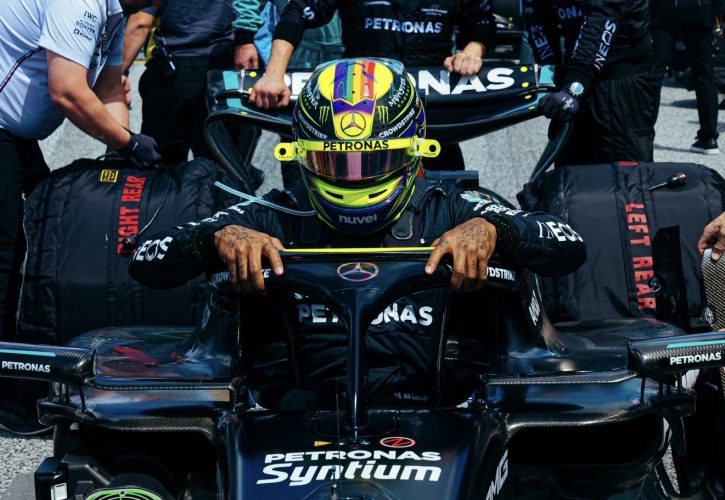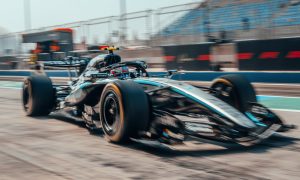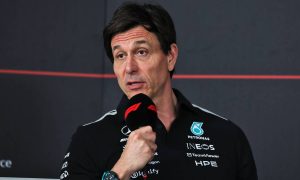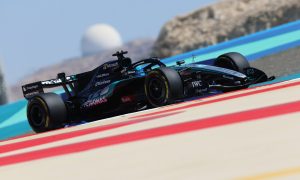
Despite two years of struggles in Formula 1, Mercedes tehcncial director James Allison remains confident that Lewis Hamilton's "compulsive need to win" remains “a core part of who he is”.
The seven-time world champion hasn’t stood on the top step of the podium since the 2021 Saudi Arabian Grand Prix, as Mercedes has been consistently outperformed by Red Bull in F1’s new ground effect era that began in 2022.
Despite Mercedes’ setbacks and underperformance, the Brackley squad is tirelessly putting in the work on its 2024 design to ensure its progress and allow it to take the fight back to Red Bull in 2024.
As for Hamilton, Allison’s insists the Briton’s hunger is intact and that he is fully prepared for this year’s challenges.
“I think you'd struggle to find a driver anywhere in the grid that wasn't motivated,” explained Allison, quoted by Motorsport.com.
“I think that sort of comes with the territory with them. And generally speaking, the more successful the drivers have been, the more sort of inescapable that compulsive need to win is.
“In Lewis's case, it's just a core part of who he is, so there's no doubt about his motivation to get back to winning ways.
“But whether or not he can do that, will be much more in the hands of the equipment we've given him than in his own hands. He's always had that ability there.”

©Mercedes
Hamilton and teammate George Russell have provided limited input into the design and development of their W15 contender.
However, once the action gets underway, the onus for enhancing their car’s performance will squarely rest on their shoulders.
“Both drivers, their role over the winter is very largely to look after their physical condition, make sure that they're mentally prepared and just stay in touch with us about our successes and failures as we are going through the hoops of getting the car specified, built, tested and ready for them,” Allison said.
“It isn't really a part of the year where they can have other than an observing role with what we're doing.
“Once the car is running and once the car is talking to us, the person that is the interpreter is the driver, and then their voices start to have much greater weight.
“So over the winter, it’s just getting themselves ready for the new challenge.”
Keep up to date with all the F1 news via Facebook and Twitter






